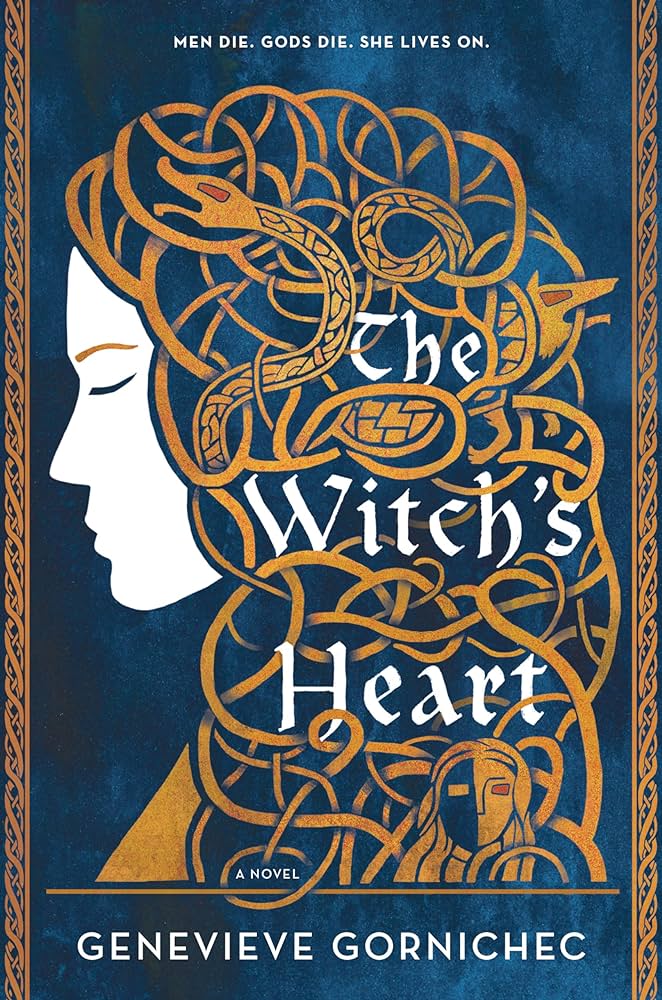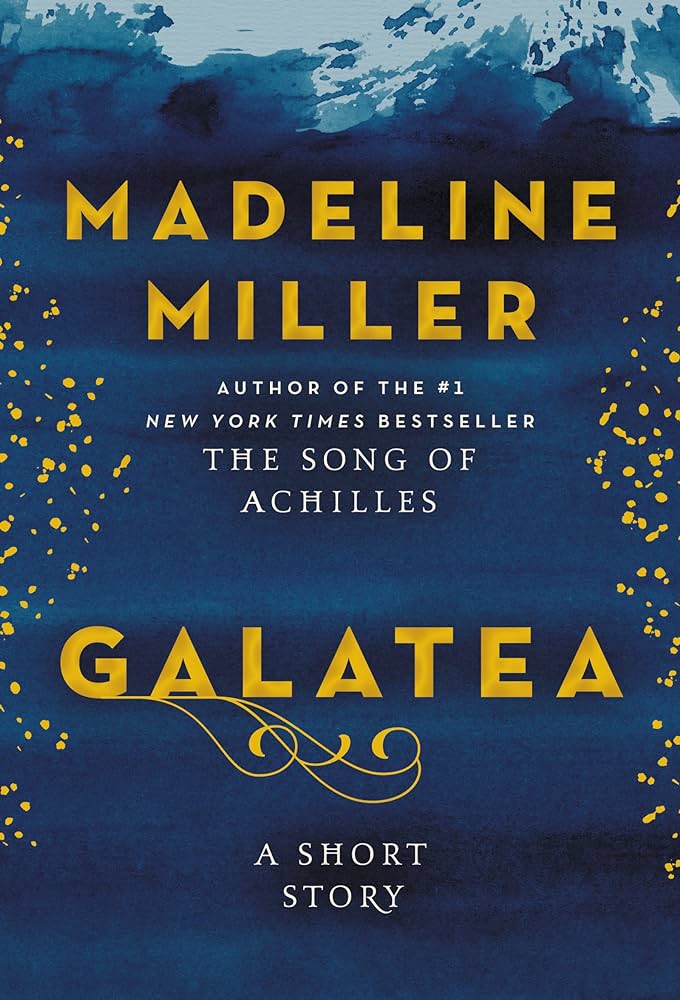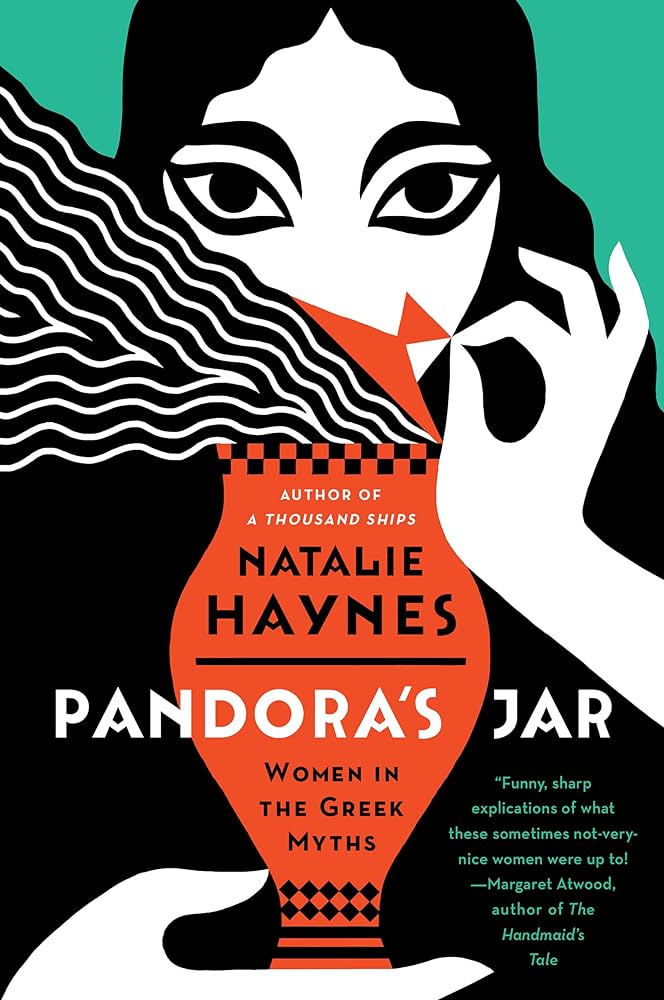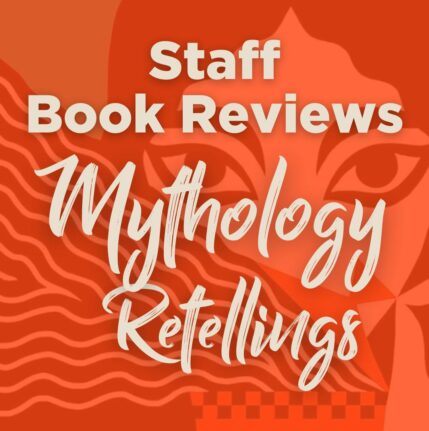User Services Library Clerk Alexis Lamb reviewed three books for Johnson City Press this weekend that reimagine ancient mythological stories with female protagonists. If you didn’t see her review in the paper, you can read it below.
Click the title to place a hold on a physical copy of the book, and when the Library reopens in May you’ll be notified that your hold is ready. All three books are also available as ebooks and audiobooks through Tennessee R.E.A.D.S and the Libby app!
“The Witch’s Heart” by Genevieve Gornichec
Genevieve Gornichec’s “The Witch’s Heart” is a compelling Norse Mythology retelling about the events leading up to the end of the world, commonly known as Ragnarok. The novel is written from the perspective of the ancient witch Angrboda, and it chronicles her struggle to remember her past while simultaneously foreseeing the brutal future for the gods.

After being burned at the stake for a third time, Angrboda is reborn and makes a life for herself at the edge of Midgard, hiding from Odin’s wrath following her refusal to tell him about Ragnarok. While at her small cave in the woods, she meets Loki, brother of Odin and notorious troublemaker. The two develop an intense but unpredictable relationship, ending in Angrboda birthing three of Loki’s children: Hel, Fenrir, and Jormungand.
The so-called “Mother of Monsters” is an intricate and honest main character who will stop at nothing to protect those she loves. Angrboda must sacrifice everything to keep her children safe, even if it means propelling her prophecy forward and ending the world as they know it.
This novel is perfect for readers interested in magic and mythology, but more importantly, for anyone looking for a strong female character to connect with.
“Galatea: A Short Story” by Madeline Miller

In Madeline Miller’s “Galatea: A Short Story,” a marble statue is hand-crafted by the ancient Greek sculptor Pygmalion. The statue exemplifies his idea of the perfect woman: pure, innocent, obedient, and of course, beautiful. He yearns for his creation to be real, so a goddess transforms the statue into a woman named Galatea for the man’s pleasure.
But a real-life woman is no marble statue. Pygmalion grows tired of Galatea’s wish for independence and knowledge, shunning her even after their marriage and the birth of their daughter. Galatea is imprisoned and heavily monitored, but her commentary on Pygmalion’s distrust is both insightful and alarming.
The story explores gender roles in ancient Greece in depth as Galatea attempts to go outside the bounds of femininity. Her courage and determination in resisting control makes this story incredibly powerful and relevant.
“Pandora’s Jar: Women in Greek Myths” by Natalie Haynes

“Pandora’s Jar” by Natalie Haynes is a helpful informational piece about women in Greek myths and how they have been perceived by different authors and artists throughout history. Haynes dedicates individual chapters to Pandora, Jocasta, Helen, Medusa, Clytemnestra, Medea, Penelope, and other female characters who have been vilified or praised for the wrong reasons in traditional Greek mythology.
To restore their status as complex female figures in the literary canon, Haynes applies modern-day vernacular and feminist theory to the most ancient of stories, serving as a reminder that women have always been at the forefront of misogyny and unfair expectations.
More News






